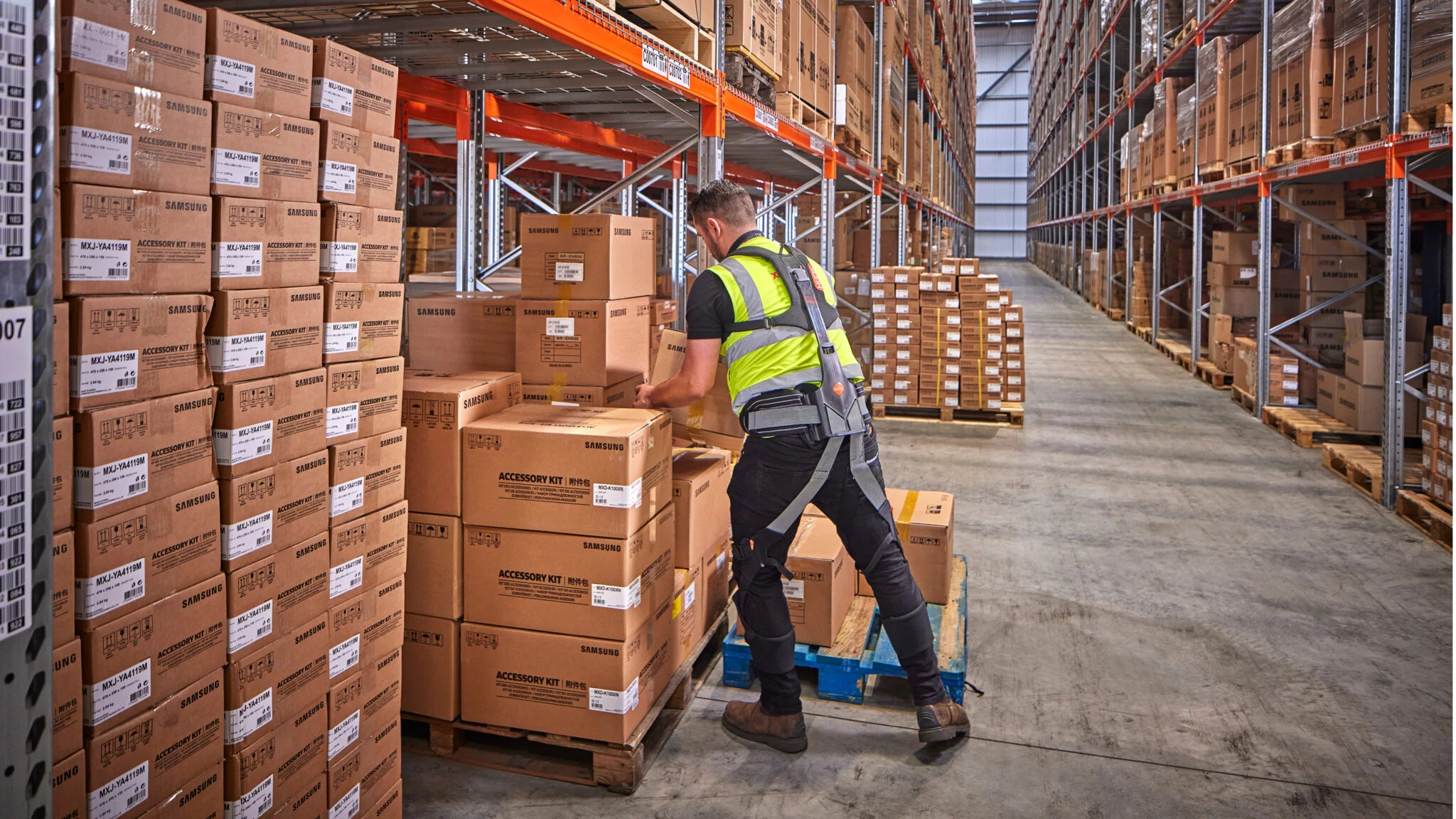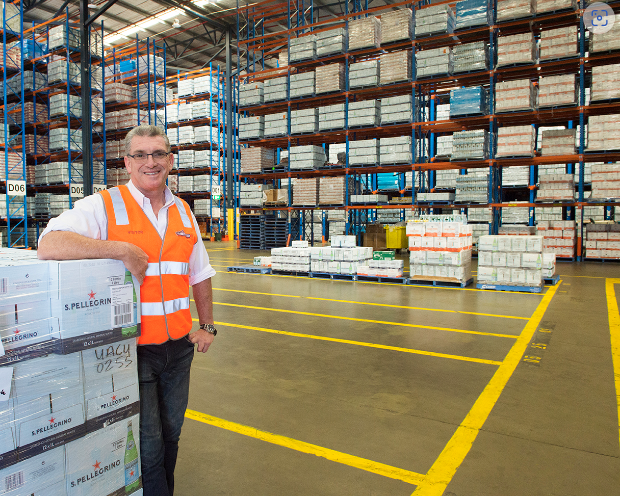As one of the leading transport and logistics providers in Southeast Europe, cargo-partner has traditionally placed a strategic focus on this region. In recent months, the company has upgraded its warehouse facilities in Croatia, Slovenia and Türkiye.
Expansion in Zagreb: from 12,900 to 17,500 m²
In late August 2023, cargo-partner expanded its warehouse in Zagreb by 4,600 m² due to rapidly growing customer demand in Croatia. The warehouse was opened in June 2022 and is located ten minutes from the international airport in Zagreb. The latest expansion brings the logistics center’s capacity from the previous 12,900 m² to a total of 17,500 m². The modern facility now includes 20,000 pallet slots as well as a 900 m² mezzanine where the local team provides e-fulfillment and value added services. In addition to short- and long-term storage, the Zagreb warehouse offers daily pallet and parcel distribution to EU- and non-EU countries, a customs bonded area and customs brokerage services. Following the expansion, the warehouse now contains 28 truck docks and three drive-in gates for oversized shipments.
“As we celebrate 40 remarkable years of cargo-partner, it is important to recognize the invaluable role Southeast Europe has played in shaping our company’s enduring success. This expansion is a testament to the extraordinary journey we’ve embarked on together with our customers and our expert teams throughout the region,” said Stefan Krauter, CEO & Founder of cargo-partner.
Zoran Starcevic, Managing Director of cargo-partner in Croatia, stated: “The added storage capacity in Zagreb will allow us to stock a wider range of products – from foodstuffs to pharmaceuticals and a variety of other goods – and respond promptly to market fluctuations and customer needs. Thus, the expansion not only strengthens our market position, but also reinforces our promise to deliver top-notch products and services to our customers.”
Otto Zsivkovits, Regional Director SEE, added: “Our expansion in Zagreb is part of our strategic plan to strengthen our footprint in Southeast Europe, as this region holds immense importance for cargo-partner. In this context, Zagreb serves as a gateway connecting Eastern and Western Europe. As we continue to expand our network, we benefit from growing synergies between our logistics centers in Croatia, Slovenia, Türkiye, Bulgaria, Serbia, and Bosnia and Herzegovina.”
Rooftop delivers clean energy in Ljubljana
Earlier in August, cargo-partner installed a photovoltaic system with 1,192 panels on the roof of its iLogistics Center Ljubljana. The system will produce an estimated 575 MWh of energy per year, covering 34 percent of cargo-partner’s energy consumption in Slovenia. In addition, the solar power plant will save 146 tons of CO₂ annually, which is equivalent to planting 6,698 trees. The iLogistics Center Ljubljana was opened in 2019 and expanded in 2022, bringing its total capacity from 25,000 m² up to 39,100 m².
New iLogistics Center in Istanbul
In July 2023, cargo-partner opened a new iLogistics Center with 20,000 m² of warehouse space in Istanbul. With 25,000 pallet slots and 17 loading docks, the facility provides ideal conditions for customs bonded warehousing, handling of oversized goods and high-tech products, fast trans-shipment and distribution as well as comprehensive e-fulfilment services, including a parcel pickup and return point. In addition to the warehouse facility, the building also contains modern office spaces, providing the new base of operations for cargo-partner’s head office in Türkiye.
Strong warehouse network in Southeast Europe
Aside from these recent expansions, cargo-partner has long had a solid warehouse network in Southeast Europe. In Bulgaria, the logistics provider’s iLogistics Center Sofia offers 22,000 pallet slots on 16,700 m². In Serbia, cargo-partner maintains a strategically located warehouse near the Belgrade airport with 8,000 m² of storage space. In Bosnia and Herzegovina, cargo-partner operates a 1,000 m² warehouse, to which the company has recently added a separate 300 m² area for temporary customs bonded storage.






